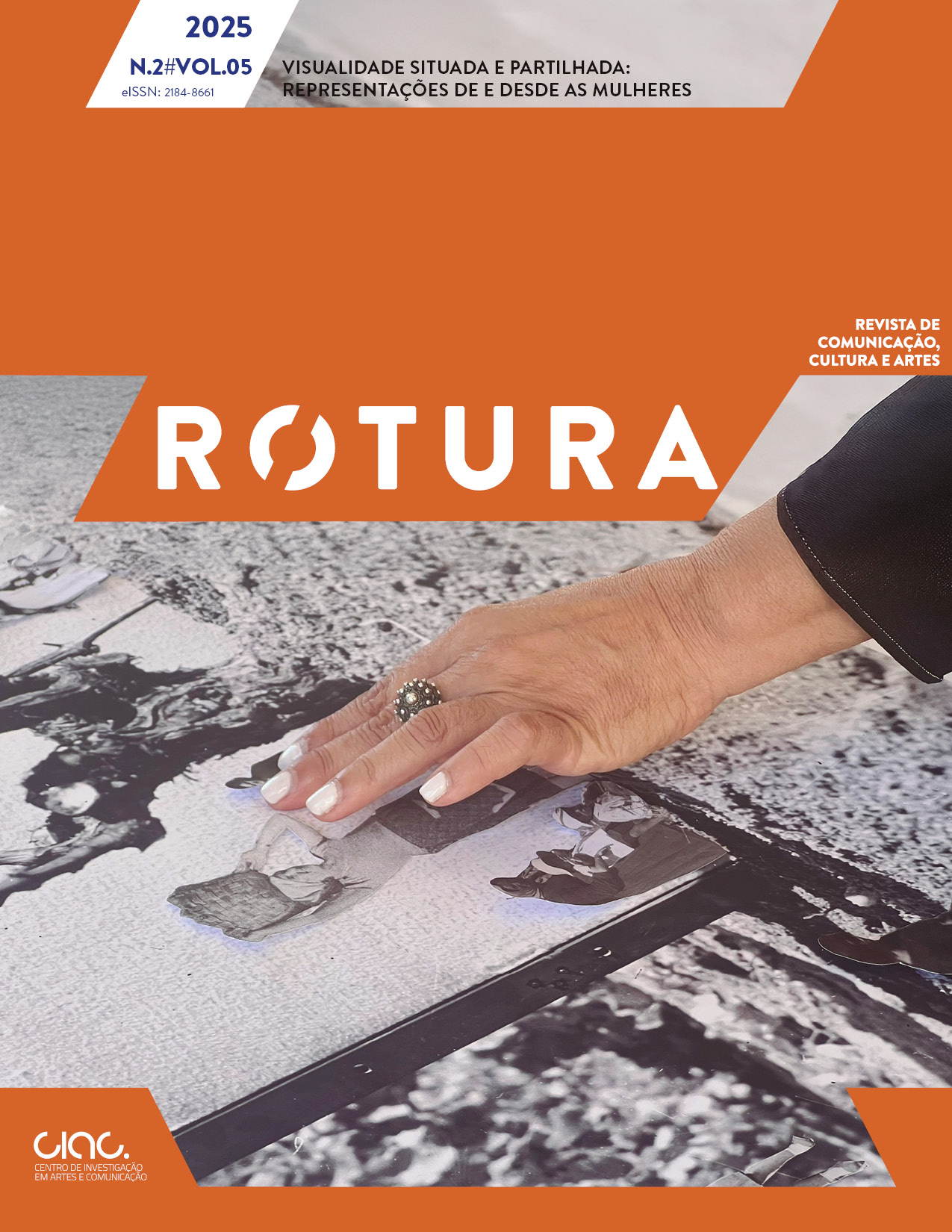Letícia Maia and the intersection between art, migration, and digital platforms
Résumé
This article presents a case study of Brazilian artist Letícia Maia (Mairiporã, 1988), based in Porto since 2019, in order to reflect on the intersection of art, migration, and digital platforms. Drawing on a semi-structured interview conducted in 2025 and on an analysis of her online presence, the article explores the tensions between vulnerability and visibility in artistic practices that involve nudity, self-inflicted performance actions, and negotiations with algorithmic moderation. Maia’s professional trajectory, which evolved from theater and cultural mediation in Brazil to consolidated performance and visual arts practices in Portugal, reflects cultural and symbolic displacements that combine opportunities for insertion with persistent colonial barriers.
The study mobilizes two key conceptual frameworks: (1) the ethics of care, understood as a collective practice sustaining lives, networks, and projects, and (2) decolonial feminism, which demonstrates how imperial legacies continue to shape hierarchies of gender, race, and labor. The article argues that while platforms such as Instagram and Cargo Collective provide visibility, enable transnational circulation, and foster networks of solidarity, they also impose invisible forms of labor – responding to messages, managing censorship, and dealing with online harassment – which may exacerbate situations of material and emotional vulnerability in migratory contexts.
The analysis also highlights the political potential of performative vulnerability, capable of being transformed into resistance and into collective practices of care. At the same time, it underscores the risks of decontextualization and fetishizing interpretations that permeate contemporary art, especially when the body is the central medium of creation. Recognizing these dynamics is essential for rethinking cultural policies and institutional strategies that acknowledge care as a structural dimension of contemporary artistic practice.
Downloads
Copyright (c) 2025 Marina Didier Nunes Gallo

Ce travail est disponible sous licence Creative Commons Attribution - Pas d'Utilisation Commerciale - Pas de Modification 4.0 International.
Accepted 2025-07-16
Published 2025-09-29


















